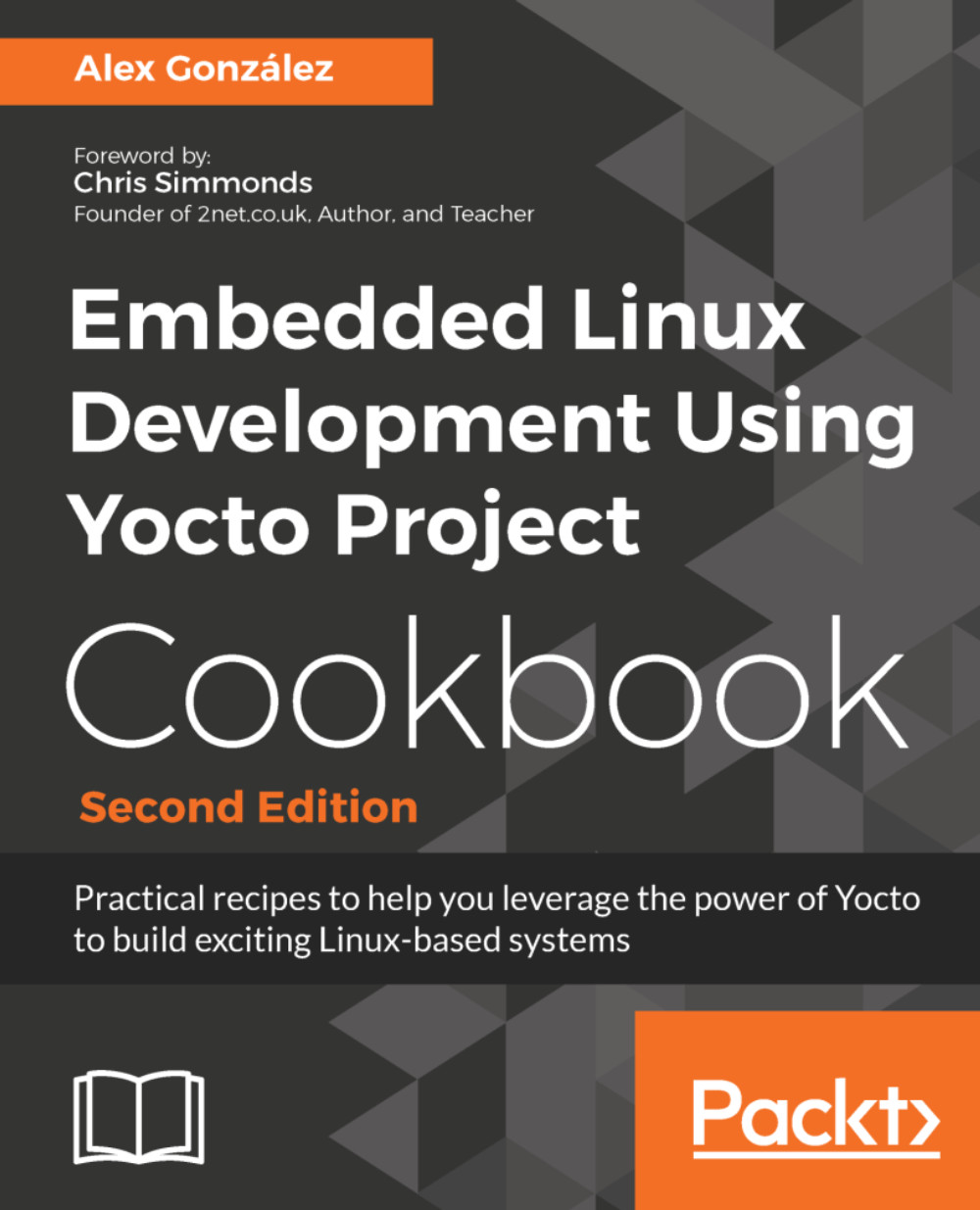Building external kernel modules
The Linux kernel has the ability to load modules at runtime that extend the kernel's functionality. Kernel modules share the kernel's address space and have to be linked against the kernel they are going to be loaded onto. Most device drivers in the Linux kernel can either be compiled into the kernel itself (built-in) or as loadable kernel modules that need to be placed in the root filesystem under the /lib/modules directory.
The recommended approach to develop and distribute a kernel module is to do it with the kernel source. A module in the kernel tree uses the kernel's kbuild system to build itself, so as long as it is selected as a module in the kernel configuration and the kernel has module support enabled, Yocto will build it.
However, it is not always possible to develop a module in the kernel. Common examples are hardware manufacturers that provide Linux drivers for a wide variety of kernel versions and have an internal development process separated...
































































